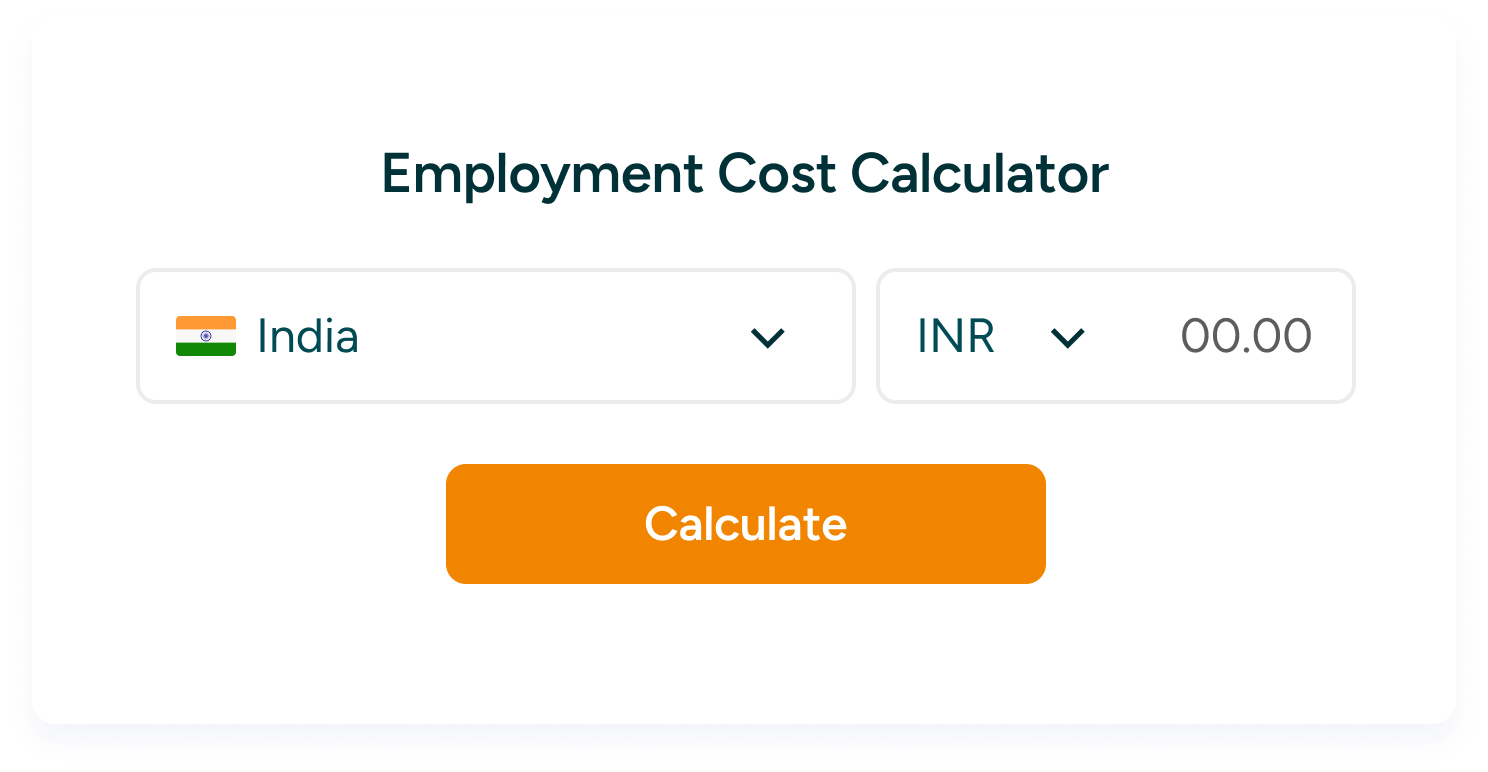Unless you have used Employer of Record services (EOR) in the past, chances are you won’t be too familiar with what they do. And even if you have used one before, the various terminologies and nuances involved can easily lead to confusion.
Put simply, the meaning of an EOR is a third-party organisation contracted to take responsibility for paying employees — including dealing with payroll, taxes, visa and sponsorship applications, benefits and insurance.
Breaking Employer of Record down a bit further...
If your company operates across multiple countries — or is looking to expand globally — it can be difficult to stay on top of complex local regulations regarding taxes, benefits and so on.
EORs decrease all the complications related to these HR-related operations — allowing you to access new markets, manage payroll for international employees, sponsor work visas and run benefit systems more efficiently.
When you use an EOR service, they become the registered employer of your workers — just without any supervisory or management control (that’s still in your hands as the original employer!)
More specifically, the Employer of Record will provide a registered entity for running a compliant local payroll inside the host country, arrange all visas and work permits and be able to advise you on laws regarding local contracts, worker protections, notice periods, termination rules and severance pay. They will also act as the host country interface between your employees and local government authorities.
This invaluable service ensures your business' global payroll stays in compliance with local labour laws and other regulations when going international. Plus, payroll outsourcing takes a big chunk out of that paperwork piling up on your desk!
However, if you are considering a larger, more permanent presence in a country such as a local office or subsidiary, it may be more cost-effective to set up and run your own entity. Typically, Employer of Record costs more once you reach 5-6 employees in a country when compared to having your own legal entity to employ them.
What’s the difference between an EOR, PEO and GEO?
If you are familiar with Employers of Record, you’ve probably also heard the terms ‘PEO’ and ‘GEO’ thrown about. So, what’s the difference?
Even though they seem similar and many companies tend to confuse them, there are some subtle differences. However, in short, the differences depend largely on where in the world you and your employees are based.
Defining PEO
PEO (Professional Employment Organisation) is only truly defined in the US, where employment requirements can vary significantly between states and regions. For smaller companies, in particular, meeting all of these rules is too great a task to tackle on their own. This is where a PEO comes in handy.
Rather than taking over the full legal employment role, a PEO company co-employs teams alongside you, the ‘workside employer’. They will assume responsibility for the administration of the payroll, benefits and HR support — leaving you to focus on your core business.
What about Global PEO?
Then you have Global PEO. In some ways, these services are the same. A Global PEO company still takes care of the administration, HR, benefits and payroll in the host country. However, they also employ individuals through their own local entities — this is where the key difference lies.
In the US domestic model, the ‘co-employment’ model’ model is recognised by legislature and so has a formal basis in law. In the rest of the world, it is not that simple. In most cases, you won’t have your own entity in the host country – and as such, will need to leverage a Global PEO or EOR firm, like TopSource Worldwide.
This leads to another commonly asked question…
What is the difference between an EOR and a Global PEO?
Outside of the US, it’s nothing more than semantics. EOR and Global PEO companies fundamentally do the same things. They employ individuals on their infrastructure and manage the HR, benefits and payroll. And you get your work delivered by the people you want, regardless of where they are in the world.
Some firms have also coined the phrase GEO (Global Employment Organisation) to describe the services offered globally rather than PEO. There is no difference whatsoever between the two — although it does help avoid any confusion between Global PEO and the US co-employer model!
Summary: A streamlined approach to Employer of Record services
Expanding your business globally is an exciting undertaking that shouldn't be hindered by local employment laws and considerations. outsourcing to an expert global payroll and EOR services provider can ease the administrative burden of your international employee management, leaving you to pursue success in new territories.
If you are looking for a plug and play approach to your global employment needs, get in touch with TopSource Worldwide today to see how we can help through our premium service.


